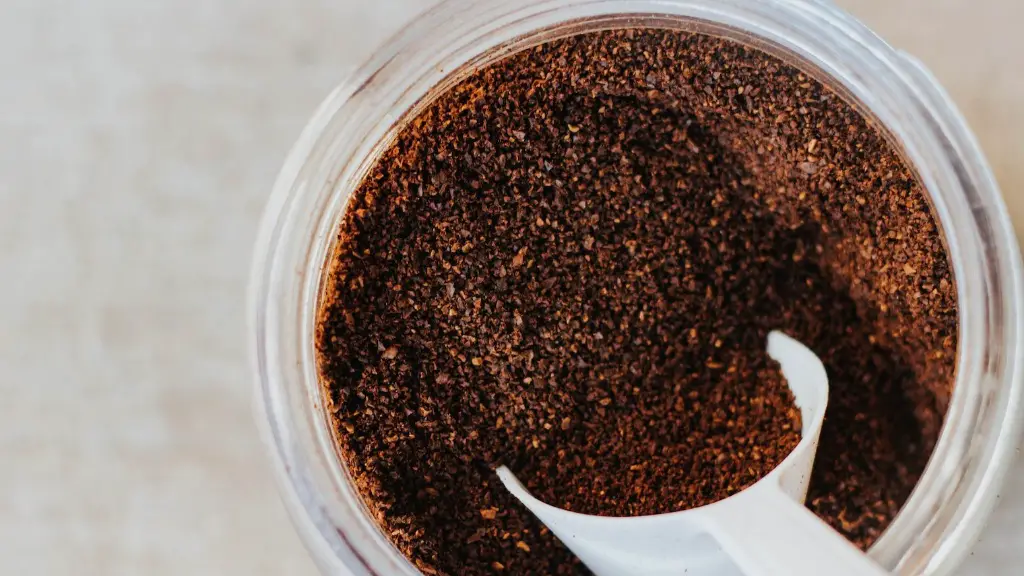According to the most recent research, caffeine intake is a controversial topic for pregnant women. While most doctors agree that having a cup of coffee or two won’t harm your baby, there is strong evidence that excessive coffee consumption during pregnancies can lead to prematurity, low birth weight and other issues. Before we dive further into this topic, let’s begin by understanding how caffeine works.
Caffeine enters the bloodstream soon after it is consumed, including beverages you drink or food you eat, and is metabolized by the liver. The caffeine molecule shouldn’t pass through the placenta but there is evidence that some of it can cross over, endangering your baby’s health. Autopsies of newborn babies have identified caffeine molecules in their small bodies, which suggests that caffeine can somehow reach them.
Most physicians recommend that pregnant women limit caffeine consumption to 200 mg per day. This amount of caffeine is roughly equal to one cup of coffee, one cappuccino or two cups of tea. It is also important to point out that some soft drinks, chocolate and other foods also contain caffeine, so you should be mindful of that while you are pregnant.
Caffeine affects the body from the moment it is administered. It increases heart rate, blood pressure and respiration and can persist for as long as three hours. It acts as a powerful stimulant and can cause excessive urination, which can lead to dehydration. It also stimulates the nervous system, increases vigilance and leads to a state of euphoria.
It’s important to note that the amount of caffeine each person can tolerate varies depending on their body chemistry. Each person’s tolerance and reaction to caffeine will be different. The effects of caffeine, however, are more pronounced during pregnancy. Caffeine has been linked to an increased risk of delivering a premature baby and lower birth weight. It can also increase the risk of certain birth defects, especially in first-time pregnancies.
Overall, it is important for pregnant women to pay attention to how much caffeine they are consuming and take into account the amount of caffeine in their daily drinks and snacks. While doctors generally agree that a moderate amount of caffeine will not affect the baby, it is always best to err on the side of caution and reduce the amount of caffeine in their diet.
The impact of coffee on your baby
If you are pregnant and a regular coffee drinker, you may have noticed that your coffee cravings have decreased during your pregnancy. Even though you may be tempted to drink coffee to increase your energy levels, remember that drinking too much while pregnant can have an impact on your baby.
High levels of caffeine during pregnancy can cross the placenta and reach the fetus, which can cause an increase in the baby’s heart rate and lead to long-term effects. Studies have shown that caffeine consumption during pregnancy can lead to an increase in the risk of miscarriage, low birth weight and premature delivery.
In addition to this, studies have also indicated that it can increase the risk of certain birth defects such as spina bifida and hypospadia. Therefore, it is important to keep your caffeine consumption within recommended limits during pregnancy.
Pregnant women should also keep in mind that some over-the-counter medications and supplements contain caffeine, so it is important to check labels before taking any medication.
Are there alternatives to coffee?
If you’re pregnant and trying to reduce your caffeine intake, there are several alternatives available to still help you feel energized and alert.
Non-caffeinated herbal teas are a great option, as they are generally caffeine-free and can provide you with the relaxation and energy boost that you need. Chai tea, ginger tea, chamomile tea and rooibos tea are all examples of herbal teas that you can enjoy without worrying about too much caffeine.
Another option is to switch to decaffeinated coffee. This is still a good option, since it will provide you with the familiar taste of coffee without the negative side effects of caffeine.
Lastly, there are also several healthier alternatives to your morning cup of coffee that won’t contain any caffeine. Eating a nutritious breakfast, such as eggs or oatmeal, or taking a brisk walk are just some of the alternatives that can provide you with the energy boost that you need.
Tips to help pregnant woman control caffeine intake
If you’re trying to reduce your caffeine intake during pregnancy, here are some tips that can help:
-Keep a caffeine log: Track your daily caffeine intake by keeping a log book or using an app on your phone. This will help you stay on top of how much caffeine you are consuming and will help you make better decisions about your daily intake.
-Drink decaffeinated coffee: The taste of decaffeinated coffee may not be the same as regular coffee, but it can still provide you with a much-needed energy boost without all of the extra caffeine.
-Develop new habits: Develop a new set of habits that don’t include caffeine. This can be anything from going for a walk, meditating, or reading. This will help you break your addiction to caffeine and will help you find other ways of staying energized.
-Try herbal teas: Herbal teas, such as chamomile, ginger and rooibos tea, can provide you with the same calming and energizing benefits of coffee without the negative side effects of caffeine.
What are the benefits of reduced caffeine intake during pregnancy?
Reducing caffeine intake during pregnancy can have a number of benefits. By cutting down on how much caffeine you consume, you can reduce the chances of having a premature baby, a low birth weight baby, miscarriages and birth defects. In addition to this, reducing caffeine intake can also help to boost your energy levels and improve your overall health.
Caffeine can cause jitters, anxiety and other unpleasant side effects, so reducing your intake can help to improve your mood and provide a sense of calm and relaxation. Furthermore, reducing caffeine intake can help to improve your sleeping habits and ensure that you are getting enough rest during your pregnancy.
Reducing caffeine intake during pregnancy can also help to reduce the risk of miscarriage. Research suggests that caffeine consumption during pregnancy can increase the risk of miscarriage and stillbirth, so cutting down on your caffeine intake can help to reduce this risk.
How to determine if you are drinking too much coffee while pregnant
Determining if you are drinking too much coffee while pregnant can be tricky, as the amount of caffeine you can safely consume varies from person to person. Generally, most physicians recommend that pregnant women limit their caffeine intake to 200mg per day, which is roughly equal to one cup of coffee, one cappuccino or two cups of tea.
If you are feeling anxious or jittery, or if you are having difficulty sleeping, it may be a sign that you are consuming too much caffeine. If this is the case, it is important to reduce your intake of caffeine-containing beverages and foods.
It is also important to pay attention to the amount of caffeine you are consuming, as this can be a good indicator of whether you are consuming too much. If you find that you are consistently exceeding the recommended amount of caffeine per day, it is important to reduce your intake and make sure that you are keeping within the guidelines.
The bottom line on drinking coffee while pregnant
Drinking coffee while pregnant can be a controversial topic, so it is important to do your research and make sure that you are staying within the recommended limits. Most physicians suggest that pregnant women limit their caffeine intake to 200mg per day, which is roughly equal to one cup of coffee, one cappuccino or two cups of tea.
While a moderate amount of caffeine will not affect the baby, it is always best to err on the side of caution and be mindful of your consumption. There are also alternatives to coffee that can provide you with the same energy boost without any caffeine, such as herbal teas, decaffeinated coffee or other natural sources of energy.
At the end of the day, it is important to listen to your body and make sure that you are making informed decisions about your pregnancy. Drinking coffee while pregnant is something that should be done in moderation, as excessive caffeine consumption can lead to several complications.





